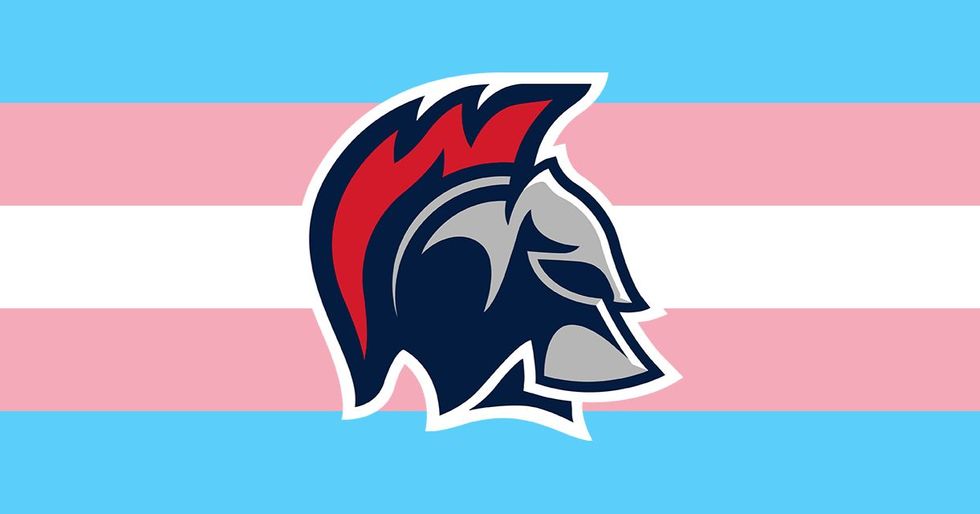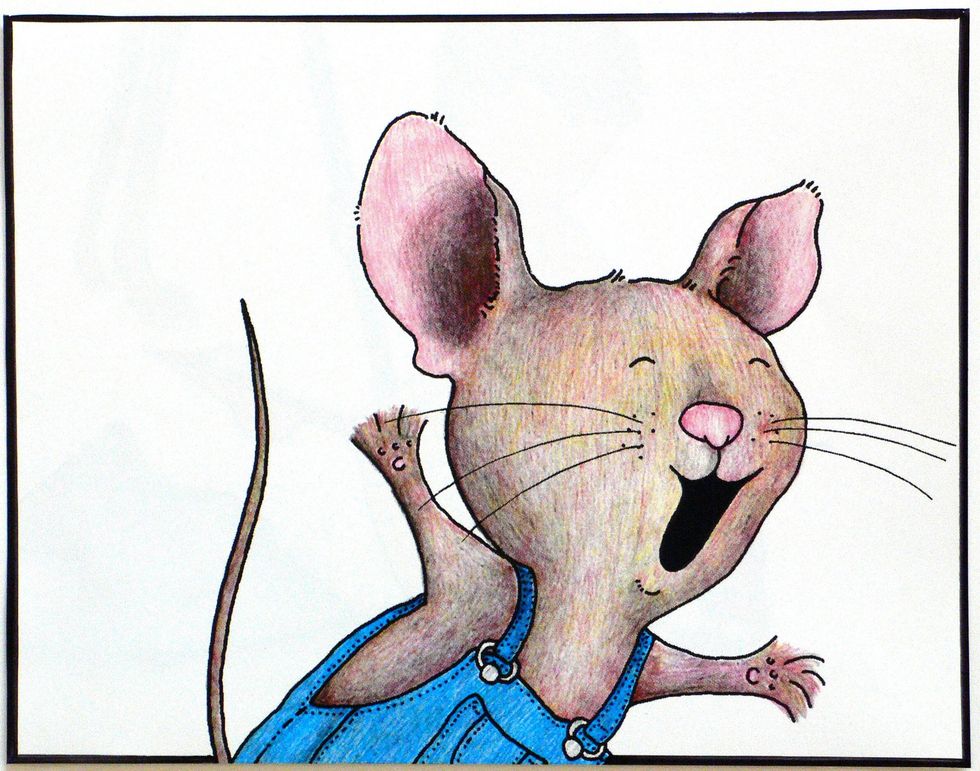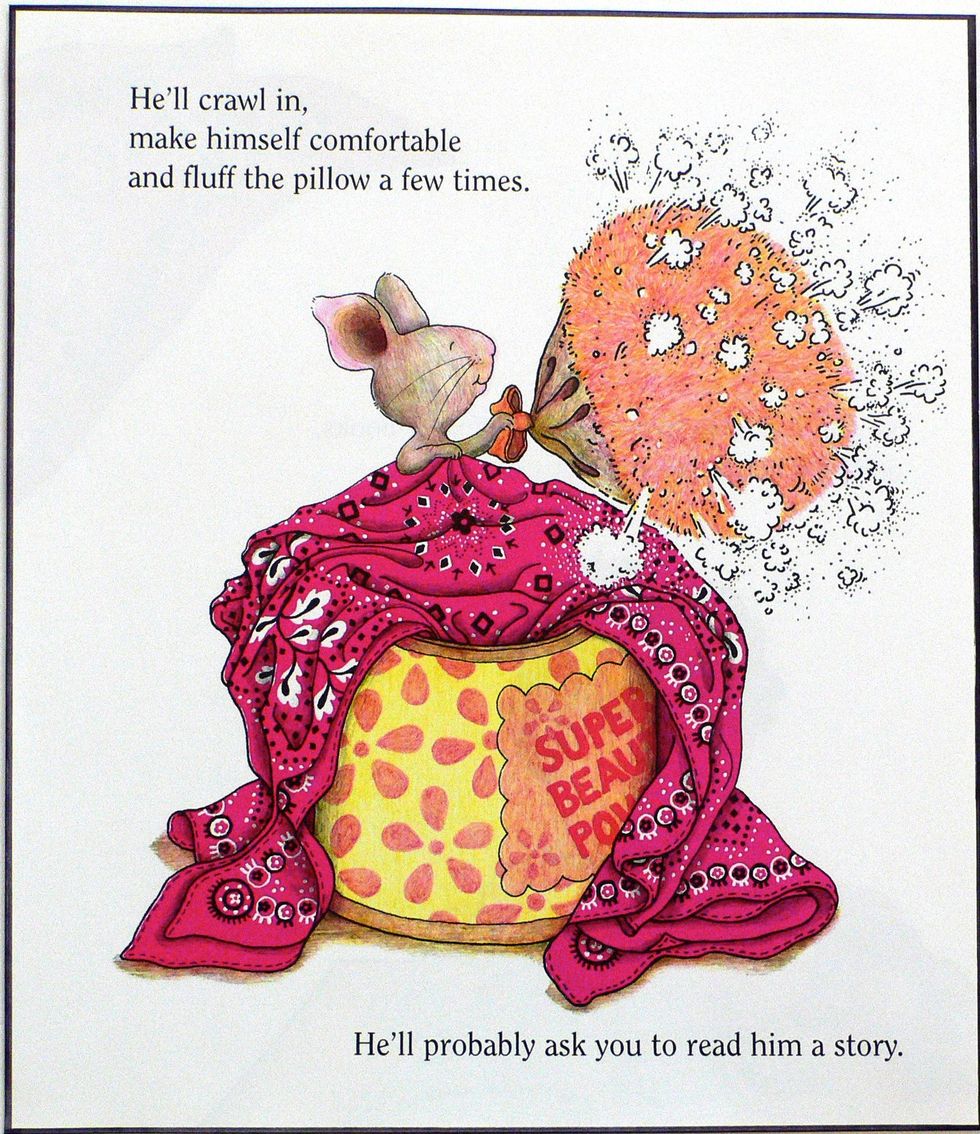I don’t like them.
It’s weird; being trans scares the teachers of Brookline High School. Not in a transphobic way—rather, my trans identity prevents them from expressing any sort of opposing opinion.
Ever feel like acing a test? A nice, round 100% to boost your grade? Do you identify as trans?
Easy solution: First, tell a teacher you’re trans. Next, write any semi-opinion-based piece for a school assignment. The teacher will be too afraid to go against the grain of absolute, unquestionable progressivism and “diversity.”
Teachers don’t stop there, though. The classroom approach to pronouns—announcing them to the entire class on the first day of school—terrifies trans students. The trans identity is a fragile, vulnerable one, and to announce pronouns is intimidating and, in most cases, damaging. It’s hard to gauge students’ political and social views until at least a week into class. So, being forced to do something like that in front of the entire class is ridiculous.
Being ostracized, as we are, is almost as bad and damaging as blatant transphobia itself—it’s immoral. It’s tokenism—a concept the “liberal” members of Brookline despise but that we often find them absentmindedly furthering.
But transphobia is, especially in an environment like Brookline, often much more subtle than violence and outright disapproval. It’s instead characterized by reluctance and ignorance, and Brookline is plagued with it. Despite the sticker that sits on almost every door of every room at the school—“LGBTQ Safe Space”—it’s really not. Brookline reacts amicably to “the gays,” and that’s about it.
And, question: Where is the Brookline High School trans support group?
Answer: It doesn’t exist.
We really, seriously, need to step up our game.
You can’t tell many trans allies about your identity, either, though. They’ll nearly burst with excitement:
“Wow! That’s amazing! This is truly the best story I have ever heard, you [trans MTF, male-to-female, assigned-male-at-birth, senior at Brookline High School, 17 years old, b. 1999 Morristown, NJ].”
They love labels.
It’s excessive and suffocating, always being the center of attention because of our identity.
This isn’t what we fight and it isn’t what we fought for. Yes, we did fight for recognition—but the amount of common sense people lack is astonishing. What group would want to be listened to, recognized, and appreciated, solely based on their identity and not, necessarily, their personality?
Brookline High School wants to create an inclusive, safe environment, filled with diverse viewpoints? Here’s a suggestion: gender me correctly, first. Maybe then we can move away from ostracization—and eventual marginalization—and move towards that which the faux-progressives are convinced we already have.
When I tell people about this, the comments are usually something like this:
“This doesn’t make any sense. You want to be recognized but don’t want people to talk about it?”
“And where do you expect to find this? Brookline High is one of the most accepting communities in the country.”
My answer: the Boston Latin School.
The Oldest Public School in the Country doesn’t have any gender neutral bathrooms. Nor does the school host any sort of official Queer recognition day. But the school is in almost every way more progressive than Brookline.
The school doesn’t survive on any kind of false pretense of diversity—nor does it desire more of it. Statistically, it actually pulls far more from different racial and socioeconomic demographics than Brookline does. But more importantly than that, the school treats other students’ gender and sexuality as a fact—not something at which they marvel.
When I visited their Gender Sexuality Alliance a few weeks ago, I was taken aback by how little they discussed their gender identities and sexualities. Besides the pronoun formalities at the beginning of the meeting, the members of the BLS GSA treated each other in such a way I had, frankly, never seen before: as human beings.
That’s what Brookline lacks and on which it, unfortunately, fails to set its sights now. No amount of “we are LGBTQ-friendly” statements will have as great an impact on the atmosphere and welcoming feeling at the school as simply changing our approach to accommodating the trans community.
Someday, in the most visceral, honest, personal way, I hope to be myself—not my identity.



 Photo by
Photo by  Photo by
Photo by  Photo by
Photo by  Photo by
Photo by 















